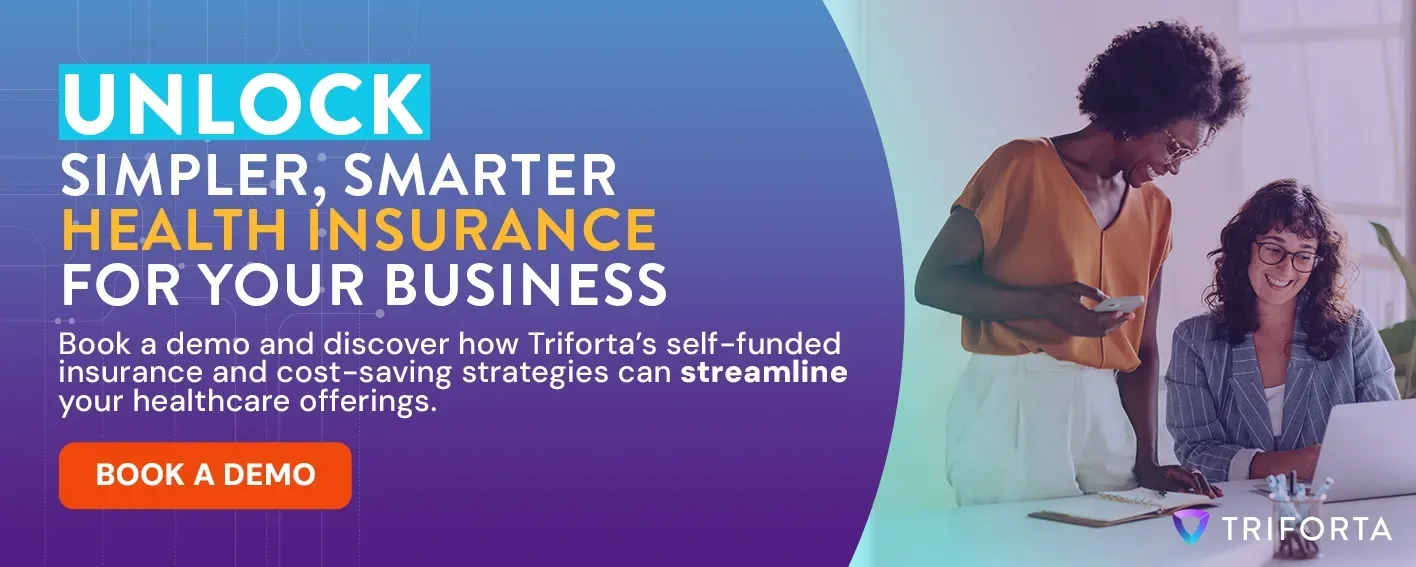Types of Contractors Liability Insurance
Hey there, contractor friends! We all know that working in construction and contracting comes with its fair share of risks. From general contractors and roofers to electricians and lawn care pros, having a solid insurance plan is crucial. Here at Triforta, we’ve got your back. Let's break down the essential types of insurance coverage you need to keep your business safe and sound.
General Liability Insurance: Your Safety Net
First things first, let's talk about general liability insurance. Think of it as your business’s safety net. This coverage steps in when things go sideways and covers:
- Bodily Injury: Accidents happen. If someone gets hurt on your job site, this insurance covers the medical bills.
- Property Damage: Mistakes can lead to damaged property. No worries—this has you covered.
- Personal Injury: If someone claims you’ve libeled or slandered them, general liability insurance has your back.
Whether you're building houses, fixing roofs, wiring up buildings, or making lawns look amazing, this coverage is a must. It protects against those everyday risks that can catch you off guard.
Workers' Compensation Insurance: Protecting Your Team
If you’ve got employees, workers' comp insurance isn’t just a good idea—it’s usually required by law. This coverage is all about taking care of your team:
- Medical Expenses: Covers medical treatment for employees who get injured on the job.
- Lost Wages: Helps cover lost wages while your employee is recovering.
Without workers' comp, you could end up in hot water with lawsuits from injured workers. Trust us, that’s a headache you don’t want.
Commercial Auto Insurance: Because Work Vehicles Aren't Invincible
If your job involves driving (and let’s be honest, whose doesn’t?), you need commercial auto insurance. Here’s what it covers:
- Injuries to Others: If you’re at fault in an accident, this takes care of the other guy’s injuries.
- Damage to Other Vehicles: Covers damage to other vehicles involved.
- Damage to Your Work Vehicles: Keeps your work vehicles protected.
Don’t rely on your personal auto policy—it probably won’t cover work-related accidents.
Commercial auto insurance is essential for keeping your wheels (and your business) rolling.
Professional Liability Insurance: Covering Your Professional Backside
Professional liability insurance, aka errors and omissions (E&O) insurance, is a lifesaver if you provide professional services or advice. This is your go-to for claims that your work was messed up or caused financial loss for a client. It’s especially important for those of you who are architects, engineers, or any other pros whose expertise is on the line.
Surety Bonds: Keeping Your Promises
Surety bonds aren’t technically insurance, but they’re often required if you’re working on public projects. A surety bond is like a promise to your client that you’ll finish the job. If you don’t, they can make a claim against the bond to recover their losses. It’s a great way to show you mean business and that you’re reliable.
Wrapping It Up: Insurance for the Win
Each type of insurance plays a crucial role in keeping your business protected from different risks. By understanding what you need, you can work with a Triforta agent to put together an insurance plan that covers all your bases.
Getting the right insurance isn’t just about avoiding financial losses. It shows your clients that you’re professional and reliable, which can help you win more business and keep your current clients happy.
So, ready to protect your business and look like a total pro? Give us a call at Triforta. We’ll help you sort through the details and get you covered. Keep building, stay safe, and remember—we’re here for you!










